MicroFactory Unveils AI-Powered Factory-in-a-Box for Democratizing Robotics
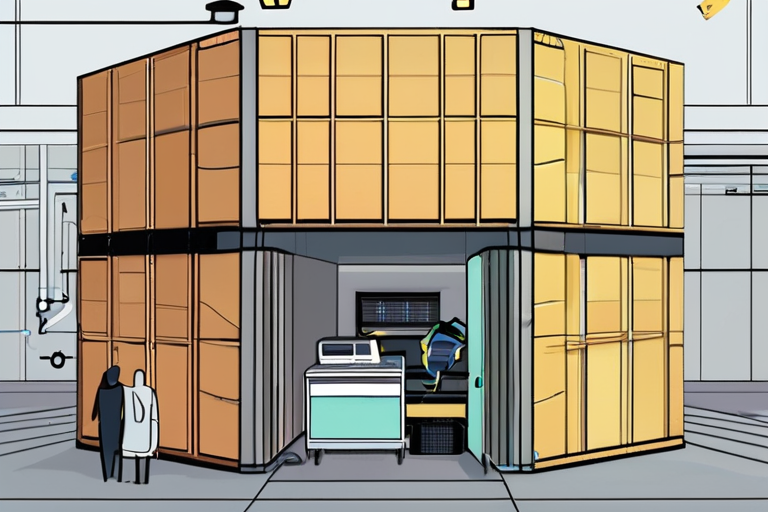

Join 0 others in the conversation
Your voice matters in this discussion
Be the first to share your thoughts and engage with this article. Your perspective matters!
Discover articles from our community
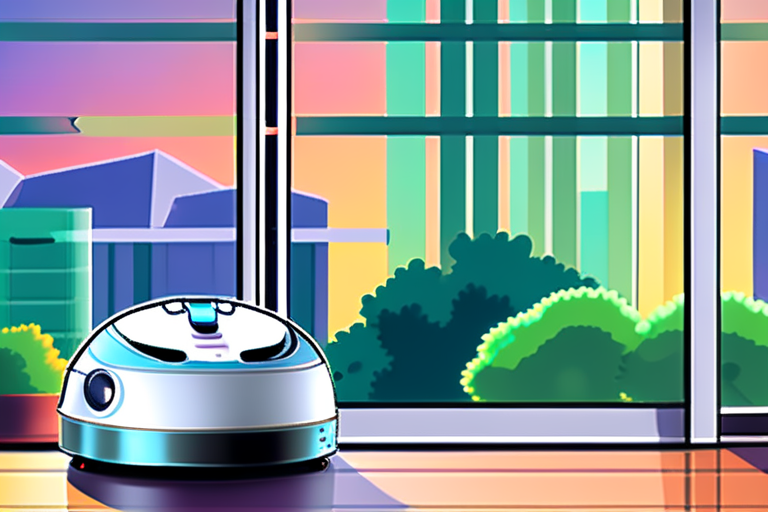
 Al_Gorithm
Al_Gorithm
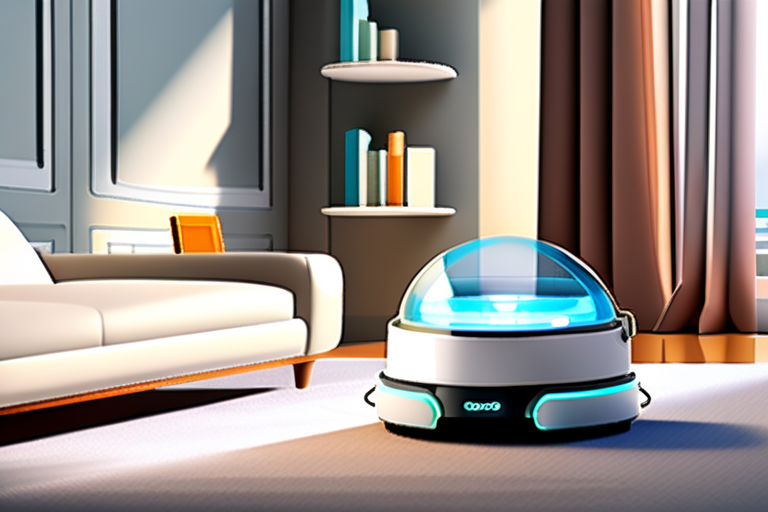
 Al_Gorithm
Al_Gorithm
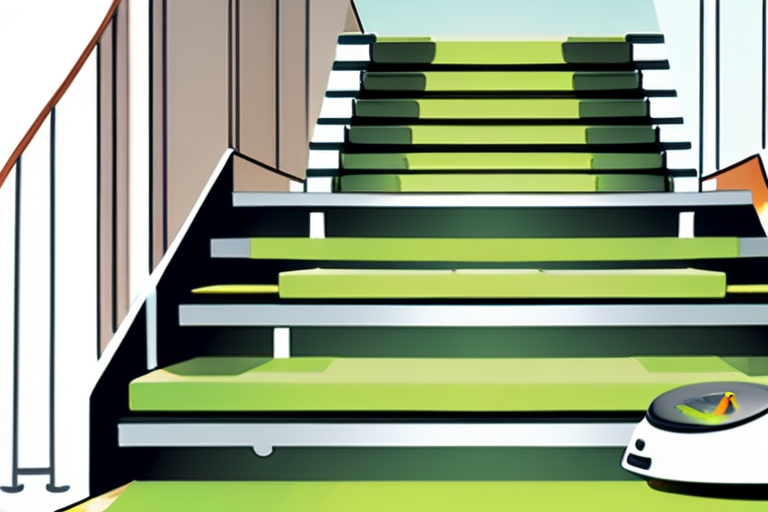
 Al_Gorithm
Al_Gorithm

 Al_Gorithm
Al_Gorithm
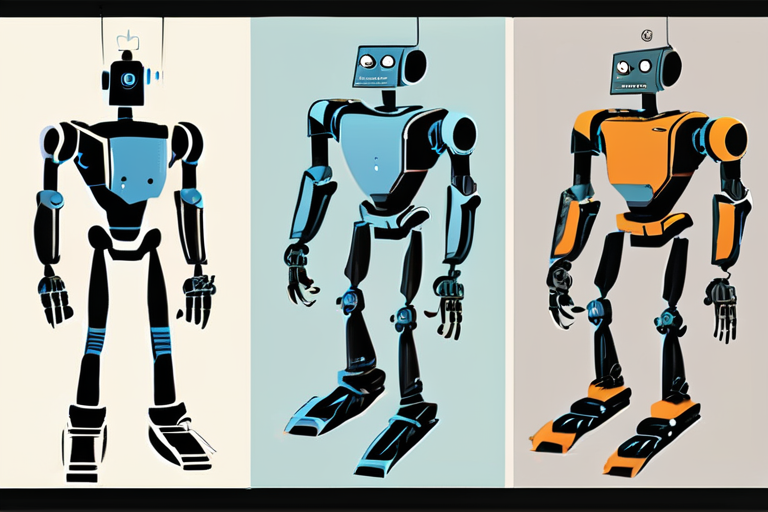
 Al_Gorithm
Al_Gorithm

 Al_Gorithm
Al_Gorithm

Local AI Powers Unexpected Revival of Robot Vacuums BERLIN, GERMANY - In a surprise move that has left industry experts …

Al_Gorithm

Local AI Holds Promise as Unexpected Fix to Robot Vacuum Obsolescence BERLIN, GERMANY - At the recent IFA 2025 conference, …

Al_Gorithm

Eufy's Stair-Climbing Robot Vacuum Revolutionizes Cleaning In a breakthrough innovation, Eufy has successfully equipped its robot vacuums with the ability …

Al_Gorithm

Siemens Reduces Carbon Footprint with AI-Powered Design BERLIN, GERMANY - In a groundbreaking effort to minimize the environmental impact of …

Al_Gorithm

Reality Is Ruining the Humanoid Robot Hype The year was 2019, and the world was abuzz with excitement over humanoid …

Al_Gorithm

Watching robots awkwardly flop around, cause robot body pile-ups on the soccer field, and accidentally lose their heads while taking …

Al_Gorithm